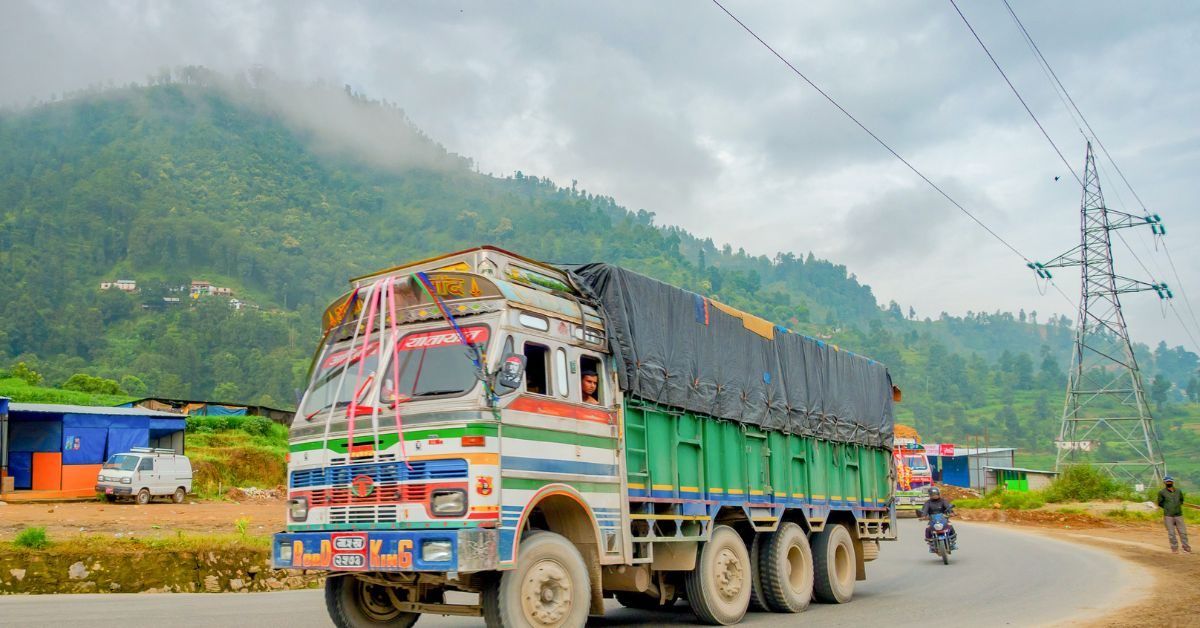Around 1.93 lakh vehicles enter Delhi and leave the city every day. Out of these, about 79 per cent vehicles have business inside the city like unloading of goods and carrying finished products and commodities to various parts of the country.
It is estimated that the goods vehicle traffic will increase to about 5.13 lakh trucks by 2042 in the city, according to the policy document.
The ‘City Logistics Policy’ draft has been put in public domain by the Industries department for having feedback of stakeholders like transporters, logistics agencies, traders and industry before finalising and notifying the policy, officials said.
Urban freight delivery is an important aspect for the functioning of a city but at the same time, it causes various challenges like congestion, pollution and safety issues on the road network.
The draft policy recommends setting up three urban consolidation and logistics distribution centers (UCLDCs) or freight villages at the periphery of the city along Delhi-Jaipur, Delhi-Faridabad highways and and Delhi-Meerut expressway.
The freight villages will be equipped with all modern facilities for handling, storage, sorting, consolidations, and distribution of goods thereby catering to key commodities arriving and leaving Delhi, at peripheral roads.
It is estimated that about 70-80 hectares of land is required to develop various facilities at the proposed UCLDCs including improved connectivity through at least 6-lane road for access and egress to and from the highways.
The policy suggests the ways to decongest Delhi’s city center and relocate logistics infrastructure to the periphery.The freight hotspots at the city center like wholesale markets, manufacturing areas, industrial areas, and transhipment hubs are critical part of city’s economy but lack adequate facilities for loading-unloading spaces, good quality roads to sustain the operational efficiency of the businesses.
According to the e-way bill data, it has been identified that some areas like Tughlakabad, Sarita Vihar, Chandni Chowk, Paharganj, Daryaganj, Wajirpur, Karol Bagh, Naraina, Kirti Nagar, Patel Nagar (110015), and Gandhi Nagar in the city have dominant share of freight traffic movement in the city.
The policy recommends implementation of Delhi Master Plan 2041 suggestion of shifting wholesale storage and warehousing activities to Integrated Freight Complexes (IFCs) and proposed UCLDCs in order to decongest the freight hotspots.
The freight hotspots will only allow product display centres and micro-warehouses for minimum storage at the freight hotspots, it says.
Further, the logistics policy recommends developing of 60-70 micro-delivery hubs across the city in view of growing e commerce operations in the city.
The e-commerce sector is growing rapidly, and evolving continually that tends to increase in the urban freight deliveries. The average trip length for the last mile deliveries is around 5-7 km.
E-commerce deliveries requires space for unloading, storing and sorting at locations near to the end consumer for last mile deliveries. Currently, most of the sorting, and loading-unloading activities are happening on the road sides and the footpath in an inefficient operation, it states.
It is proposed to develop at least one micro-delivery hub for 2-3 municipal wards depending upon population density and per capita consumption.
On an average it can cover an average last-mile delivery length of 3-5 kilometers. Delhi has 250 wards and approximately requires about 60-70 micro-delivery hubs based on population density and per capita consumption pattern.
These micro-delivery hubs will have facilities like storage, last-mile distribution, parking infrastructure and EV charging stations for last mile delivery vehicles. These facilities will be developed as part of local shopping centres, community centres, district centres and shopping malls in the city, the policy document read.







